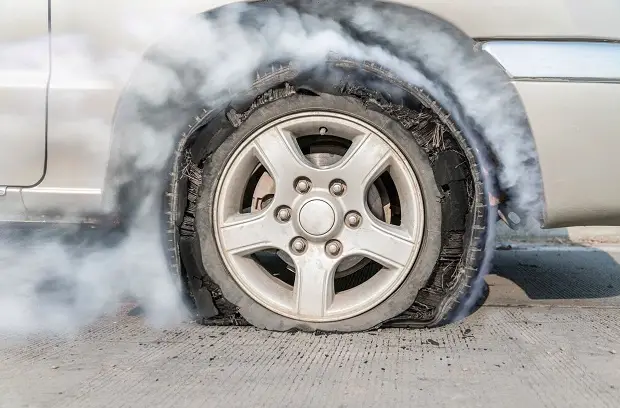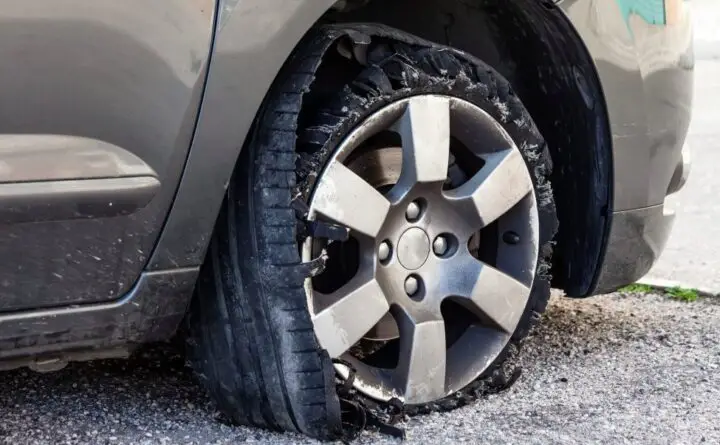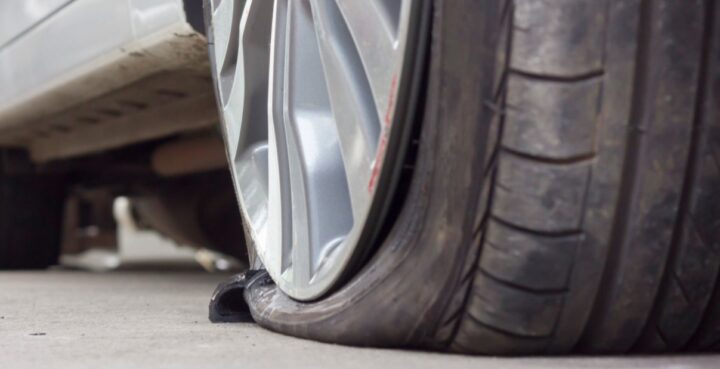The tires on your new truck are one of the most important parts of your vehicle. They are the only point of contact you have with the road surface, and you could not move without them. Therefore, you should try to prolong their service life, as a blown tire at the least expected moment can cause many delays.
Truck tires are the only point of contact between the vehicle and the road, and an indispensable element to ensure safety and mobility in traffic. Taking care of the truck tires not only allows us to drive better and safer: it also helps us to save money.
Good tire maintenance also means better vehicle performance and therefore fuel savings. In addition, we help them last longer by delaying the costly replacement of truck tires.
Safety, efficiency, and savings are the main reasons that invite you to take care of your wheels to maintain the quality and performance of your tires. Want to save yourself from tire problems, don’t worry, in the following article we will show you how to avoid ending up with blown tires.

Why Does A Tire Blow Out?
1. Low tire pressure
Generally speaking, both too high and too low air pressure can cause tire problems. However, it is low pressure that causes tires to blow out more frequently.
When a tire starts to go flat, its sidewalls begin to make contact with the ground. This is problematic because the tire sidewalls are much thinner and wear more easily. Thus, weak spots will start to form, and eventually, you will have tire problems.
2. Tire damage from road hazards
Sometimes the road surface can be as dangerous as the people driving on it. It is advisable to avoid driving over potholes and curbs, but also over materials such as glass, metal or stones. If your tires are already weakened, any of those surfaces will cause them to go flat.
3. Uneven tires
It is very important to change the position of your tires periodically. If you don’t, your tires will begin to wear unevenly. If you expose the same areas of your tires to extreme friction every time you drive your truck, they will wear out quickly, which increases the chances of them blowing out.
Thus, you will quickly start to see steel cords on the inside of the tires. Once this happens, there is a 50% chance that the tire will blow out on the road at the least expected moment.
4. Heavy loads on tires
Each vehicle has a maximum limit on the weight it can carry. If your load exceeds that limit, you will put excessive pressure on the tires. Ideally, check your owner’s manual to find out the maximum weight your truck can carry.
5. Small tire punctures
This is perhaps a well-known cause, but it is worth mentioning. Often, on the streets or highways, it is common to pass over a nail or a nut and not notice it. As air escapes through that tiny hole, the tire will begin to deflate. As a result, you lose pressure, which wears down the sides of the tire and makes it prone to blow out.
6. Old tires
As with all car parts, the older they are, the more prone they are to failure. Tires are no exception. The more you drive with the same tires, the weaker and thinner they become until they burst.
How To Avoid Tire Blowouts?

1. Check tires frequently
The signs that indicate tire wear are easy to notice, but most people do not usually inspect their tires. The best thing to do is to give them a quick check every time you go to fill up your gas tank.
At that time, try turning the steering wheel all the way to the left and examine the condition of the base of the tires. Then, check the two front tires to make sure they are wearing evenly.
If the wear on these looks uneven or there is one wheel more deteriorated than the other, you could have a possible tire problem. Ideally, schedule a tire inspection and alignment with a professional.
2. Rotate tires regularly
One of the best ways to prevent one of your tires from blowing out is to rotate them every season. This way, you get them to wear evenly and extend their lifespan by a few years. While that takes some effort, it will be worth it in the long run as you will save money on replacing a tire and increase your safety on the road.
3. Fill your tires
Your truck’s owner’s manual should indicate the exact number of PSI for your particular vehicle. You can also check the tires as some manufacturers put the recommended tire pressure on the sidewall of the tires. Generally, 32 is the most common value for vehicles.
If you stay aware of the factors that cause tire problems and the measures to avoid them, your tires will undoubtedly perform better and your vehicle’s performance will improve.

